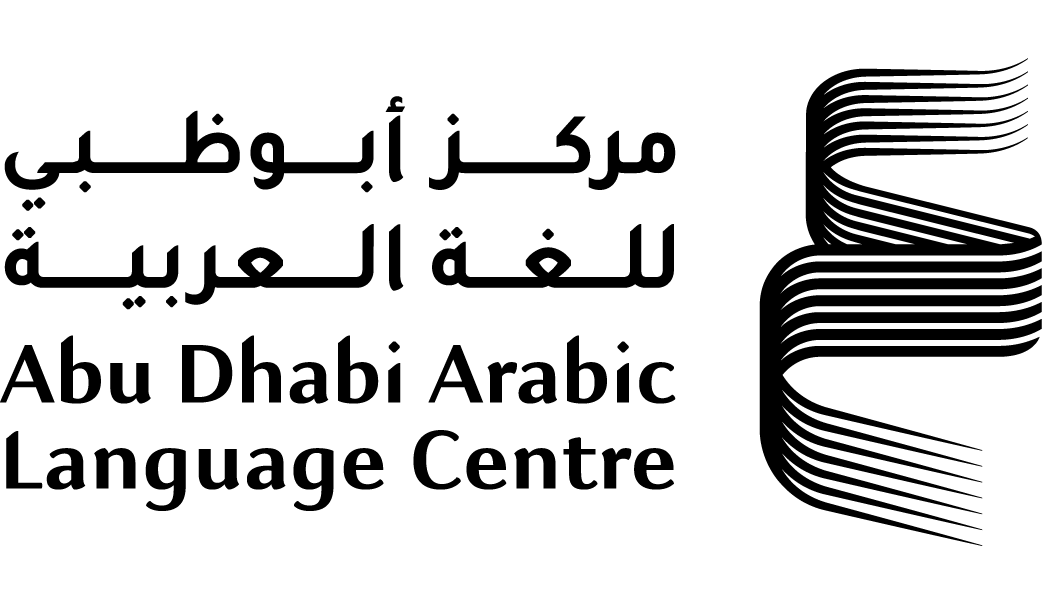Following the second edition of the International Congress of Arabic Publishing and Creative Industries (Congress PCI), organiser the Abu Dhabi Arabic Language Centre has revealed its recommendations for developing and promoting Arabic content to audiences globally.
Key areas covered by the recommendations include adapting storytelling techniques and identifying opportunities and challenges - such as the development of artificial intelligence (AI), audiobooks, and edutainment - and content strategies to target diverse audiences.
The Congress PCI was held on 21 and 22 May and brought together the brightest minds in storytelling to participate in keynote presentations, panel discussions and networking events. The event saw impressive attendance this year, with a 58 per cent increase in visitors compared to 2022’s inaugural Congress. A survey revealed 65 per cent of attendees reported that the event allowed them to establish new professional connections and explore promising opportunities with the potential to expand their business. In addition, 30 per cent of participants said they secured a new business agreement or entered into a new partnership at the Congress.
This year’s Congress sessions sparked interesting discussions between writers, creators and professionals in the publishing sector and creative content industry. Important recommendations from the event include the need for the publishing industry to join the AI revolution, utilising the tools available to developing operations such as distribution and increase content production rates. The need for the industry to focus on providing high-quality content and products in Arabic was also emphasised, as was the importance of preserving writers’ unique voices.
Regarding e-commerce, the recommendations emphasised the importance of utilising a data-driven recommendation system powered by algorithms. They highlighted the significance of data in achieving successful content outcomes, stressing that the industry must put in extra effort to acquire, analyse and leverage data effectively.
The Congress further highlighted that education can be enjoyable when delivered in an engaging and creative way, as seen in the growing ‘edutainment’ field. The publishing industry should take social media usage into account, in addition to technology used by children and students, and incorporate these as supplementary tools, rather than replacements, in the context of educational platforms. The Congress noted that reading will always hold its value and will never be substituted entirely by new educational technologies.
The Congress also stressed the importance of not focusing solely on localising foreign content for Arab audiences. The demand for Arabic content is growing, and distribution and sales channels are expanding. However, there is a scarcity of high-quality Arabic content to meet this increasing demand.
The recommendations called on leaders within the publishing industry to pay attention to the variations between different Arab regions, especially regarding language. Creative industries should also seek further development of dialogue and cooperation between creatives and publishers to provide outstanding content. There is also a need to develop a strategy for audiobooks, as they represent a real direction for the future considering the steady popularity they have achieved in the Arab world.
![alc-default-cursor]()

